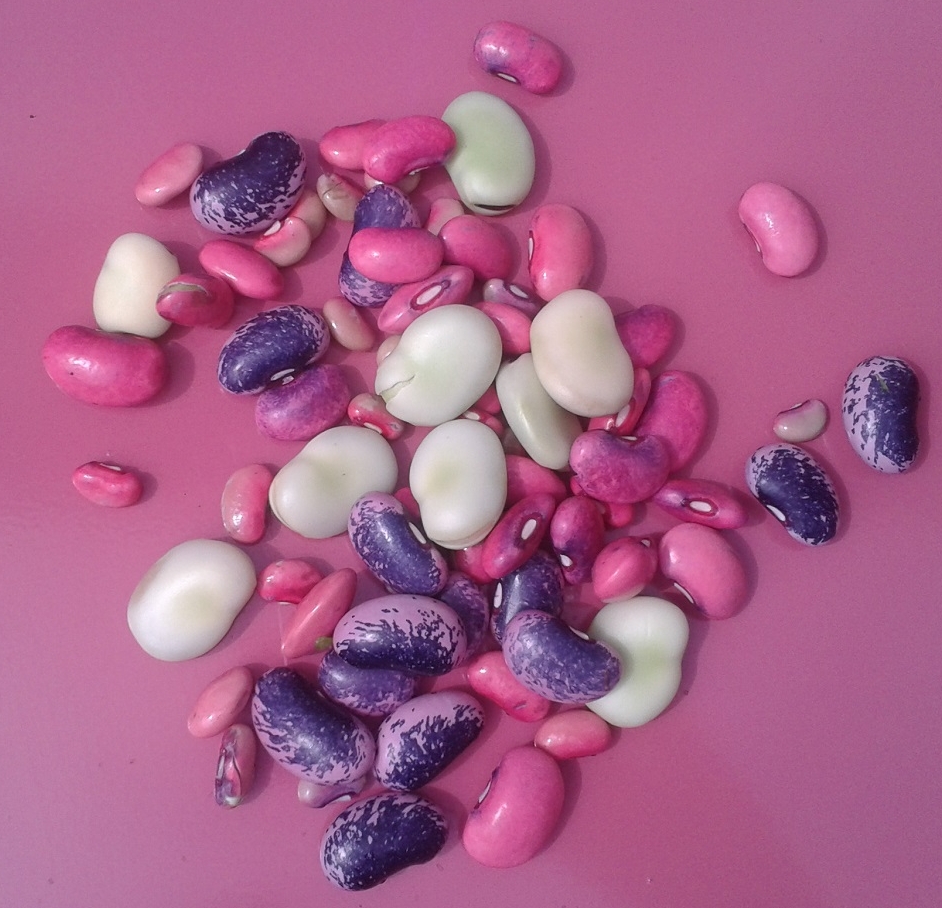This blog is about food - about avoiding waste, and about growing, harvesting, processing, preserving, storing, cooking and eating.
Ever since I researched Roman agriculture as part of my PhD, I've been fascinated by what herbs and crops it's possible to grow successfully in Britain, and how they can be processed, stored and prepared. So I've decided to use these Roman roots to write a series of posts about growing food - herbs, fruit and vegetables - in urban settings such as small gardens in Britain.
My house is in Fratton, Portsmouth. Its disadvantage is that it's in a very densely populated urban area, and the garden is small. Its advantage is that it has a garden at all, part of the Victorian legacy of builders and city planners with foresight and the desire to reflect the needs of the occupants. The shipyard workers and their families that these houses were built for, in terraced street after terraced street, in places like Fratton in the 1880s, would have an outside space for a washing line, a privy and simply for having a bit of garden. The privies have gone, though washing lines remain kept aloft on tall poles that sway when the storms come in off the Solent. And we have these amazing spaces where - if we don't concrete them over - we have ready-made soakaways (which help prevent surface flooding) and growing areas. You can plant straight into the earth, or use pots, trays and all sorts of recycled containers.
Read more
